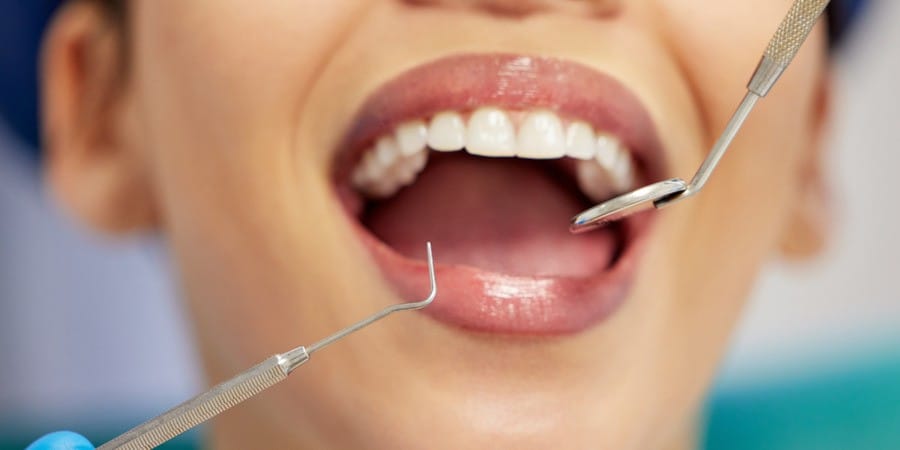A: A root canal is a dental procedure performed to repair a tooth that is badly decayed or infected. The nerve and pulp are removed, and the inside of the tooth is cleaned and sealed.
A root canal is the most commonly performed endodontic procedure. It treats problems within a tooth’s soft core, also known as the dental pulp. The dental pulp contains blood vessels, nerves and connective tissue that provide nutrients to the tooth as it grows. The pulp extends from the top of the tooth all the way down to the end of the root. Sometimes, the pulp can become infected and, as a result, the nerve and surrounding tissue must be removed from the tooth through the root canal procedure.
A: Patients with damaged pulp may experience:
- Severe toothache
- Prolonged sensitivity to hot or cold temperatures
- Discoloration
- Swelling
- Tenderness
- Recurring pimple on the gums
If left untreated, an infection may build up within the root tip and form an abscess that can damage the bone around the teeth, causing pain and the potential for permanent damage. Prompt treatment to help relieve symptoms and prevent permanent damage is recommended.
A: A root canal is usually performed in a series of dental-office visits, first to remove the diseased pulp, and then to clean and seal the tooth to prevent further damage.
During the first office visit, the dentist will make an opening in the tooth leading into the pulp chamber, and remove the damaged pulp. The canals of the root are cleaned and shaped to prepare them for a filling material. A temporary filling will be placed in the opening to protect the tooth between appointments. The dentist may also prescribe medication to control infection and promote healing.
At the next appointment, the temporary filling will be removed, and the pulp chamber and root canals thoroughly cleaned and filled. The pulp chamber is usually filled with a biocompatible, rubber-like material called gutta-percha, which is cemented to the tooth with a sealer paste. The final step of the root canal procedure is to restore the tooth with a crown, post or other restorative material.

